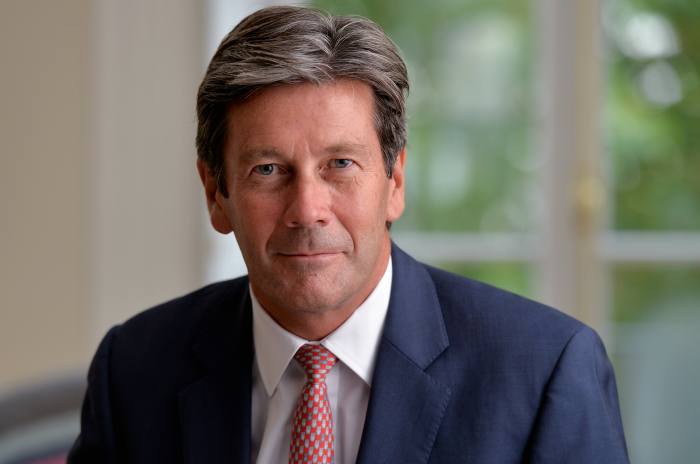
Chris Woodhouse, chief executive of Tilney Smith & Williamson, has presided over 12 deals as head of the business, involving large and small companies, accountants, investment managers and financial planning businesses. But he says additional platform deals are now off the agenda for the firm.
The combined Tilney Smith & Williamson employs around 300 financial planners and the same again of investment managers. It has accountancy and merger and acquisition advisory units, and the Bestinvest direct-to-client platform. The total assets under administration for the business are north of £55bn.
But while he is keen to expand further, the one thing Woodhouse will not be doing is buying a platform.
He says: “It is something we considered; the market is interesting, but it is also difficult to grow from a standing start. And given we already have a profitable platform in Bestinvest, buying another platform seems pretty nuts.”
Instead, plans are afoot to relaunch Bestinvest next year as part of a bid to ensure it is not "just an execution-only investment service".
Woodhouse is determined to avoid the fate of chief executives in many industries who embark on a spree of acquisitions and find, at the end of it all, that they are left with a business worth much less than the sum of its many, often expensively assembled, parts.
The problem is particularly acute in financial services, where businesses can make deals, only to then find the staff of the acquired business leave and take valuable clients with them.
Having presided over 12 deals, ranging from small financial planning businesses to the the merger with Smith & Williamson, which completed almost exactly a year ago, Woodhouse says he believes he has cracked the conundrum that has confounded so many, and led to the destruction of vast amounts of shareholder capital.
He says: “I am acutely aware that we are a people business, and when we buy a business we are also buying a people business, and I have to try to keep everyone happy.
"One of the ways I try to do that is by inverting the usual corporate pyramid. Companies normally operate as a pyramid with the board of directors at the top, but I think we have to operate it almost the other way around, with the clients at the top, and the people who are closest to the clients next, and you work back from there.
"The guys who ran Smith & Williamson were very good about letting me speak to wealth managers in their business before the deal completed, so that I could get an understanding of the culture.”
Woodhouse is keen to emphasise that while there is a team of about 100 who work on the investment research team, there is no centralised investment proposition. He says he believes some investment managers have approached Tilney about joining the business purely because of the lack of a centralised investment proposition, as those investors want to do bespoke work with clients.
He says he is trying to pull off the task of integrating two large businesses, “but not turning it into a sausage factory".





